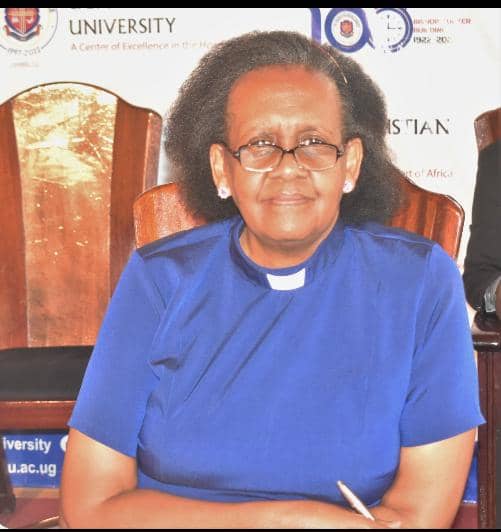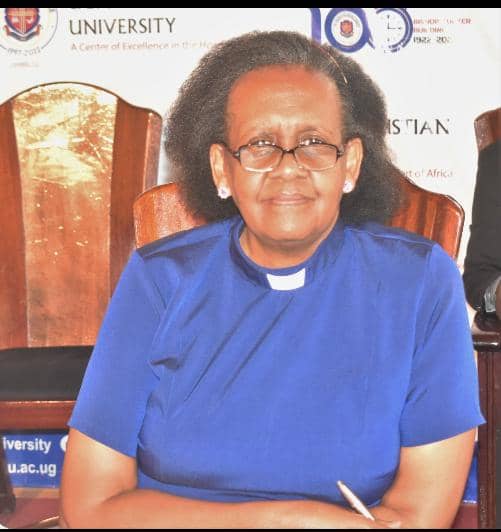
 Tiger FM
Tiger FM

 Tiger FM
Tiger FM
18 November 2025, 8:17 am

By Ronald Ssemagonja
Uganda has made notable strides in promoting gender equality and empowering women through government initiatives such as the Parish Development Model, Emyooga, Grow, and Bona Bagagawale. These programs have expanded opportunities for women to participate in economic activities and leadership, with women now holding about 23 percent of cabinet positions.
The momentum for women’s rights in Uganda can be traced back to global commitments like the 1995 Beijing Declaration and Platform for Action, adopted by 189 UN member states. The declaration offered Uganda a platform to showcase its progress in advancing women’s emancipation and set new benchmarks for gender equality.
According to the 2024 National Population and Housing Census by UBOS, Uganda’s population stands at 45.9 million, with women accounting for 51.6 percent. The fertility rate remains high at 4.5 children per woman, highlighting the government’s responsibility to ensure adequate care and support, especially for vulnerable groups.
During recent presidential campaigns, candidates from different political parties, including Yoweri Museveni, Robert Kyagulanyi, Mugisha Muntu, Mubarak Munyagwa, Nandala Mafabi, and Joseph Mabirizi, acknowledged the ongoing need to address issues affecting women and girls. While the government has made progress, many women still struggle to access available opportunities and continue to face gender-based violence.
Research shows persistent gaps: female literacy stands at 71.6 percent compared to 76.6 percent for males, and only 33.1 percent of women are employed compared to 43.8 percent of men. Sylvia Aceng, a peace advocate, emphasized that meaningful progress requires a united effort from government, civil society, private institutions, and citizens.
Personal stories like that of Paska Alobo illustrate the human face behind these statistics. Alobo became pregnant at 14 under coercive circumstances, forcing her out of school. Despite the hardship, she returned to complete her Primary Leaving Examinations in 2002 and later joined a UNFPA program in 2020 focused on preventing gender-based violence. She now uses her experience to empower other girls and women. Her story reflects the reality of many in the Acholi Sub-region and beyond.
Rev Canon Diana Nkesiga, retired Vicar of All Saints Cathedral Kampala, believes true empowerment is rooted in understanding human dignity and interdependence between men and women. She urges society to move away from competition and domination and instead embrace complementarity. “No one gives you empowerment. You empower yourself when you discover your value,” she said.
Uganda’s journey toward gender equality continues, with clear progress made—but significant work still lies ahead to ensure that women and girls enjoy equal opportunities, protection, and the freedom to pursue their dreams